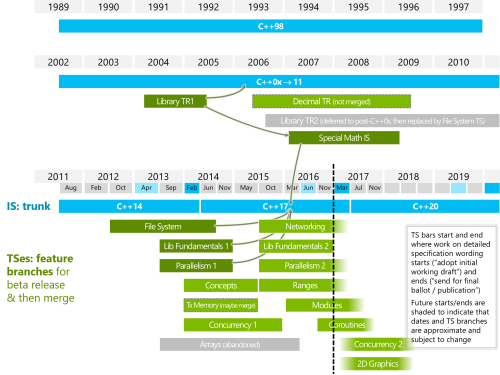Leaky Lambdas -- Adi Shavit
There is a whole host of powerful closure critters that can squeeze into a captureless lambda.
Leaky Lambdas
by Adi Shavit
From the article:
It turns out that even captureless lambdas (which are e.g. convertible to function pointers) can see, hear, sniff and use certain things outside their own scope in their enclosing closure!



